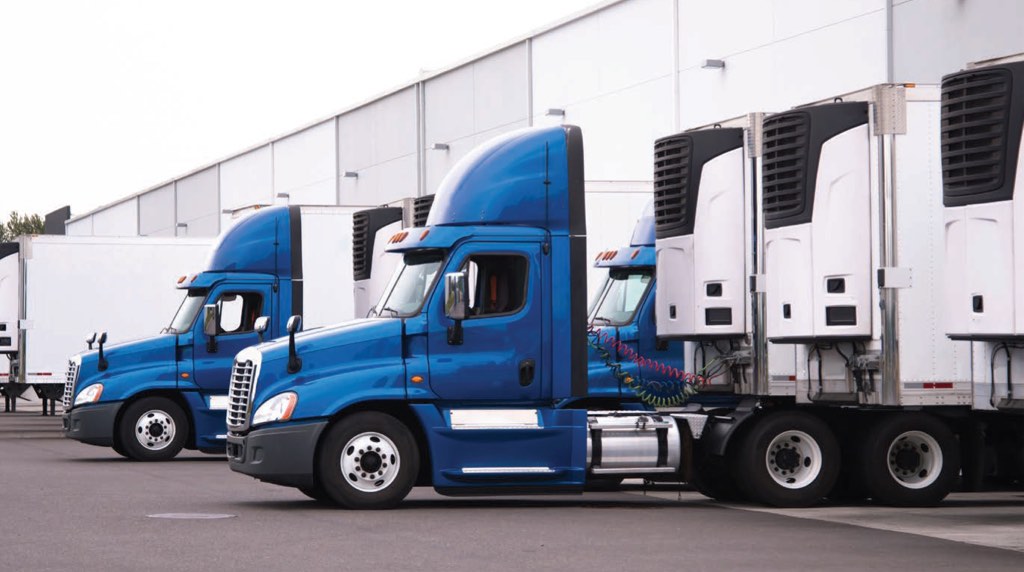Pooled Distribution Will Boost Your Cold Storage Bottom Line
Cold storage facilities do much more than providing frozen storage. They are often food logistics hubs providing a host of logistics support activities. They play a vital role by functioning as consolidation or pool distribution centers. As such, they enable multiple transport modes in response to economies of density. We have worked with many cold storage customers who gained flexibility with logistics hubs. They have proven their benefit as consolidation centers for multiple shippers.

Many of our clients use cold storage facilities as logistics and transportation hubs. They are an ideal tool to accommodate spill-over impact between warehousing and transportation. Using a logistics hub, shippers and providers can cooperate to meet demand and seasonal fluctuations.
Enter the Pooling concept. Pooling represents a way to combine shipments bound for the same region to reduce costs. Where we once used several Less-Than-Truckload (LTL) carriers, we pool freight for more efficiency. Pooled or consolidated shipments arrive at key markets, where they are deconsolidated to make the final leg of the delivery. A cheaper mode of transportation provides the majority of the trip. Shippers can use pooling at both the origin and the destination of the shipping lane. At the beginning of the shipping lane, it is called pool consolidation. At its end, we call it pool distribution. A cold storage facility can often act in both ways.
Pool distribution combines the cost savings of full truckload shipments with the efficiencies of time-sensitive local/regional deliveries. Also, the facility’s ability to leverage its location and services can reduce the carbon footprint as fewer miles will be driven by shippers. Large and mid-size shippers may need help from a specialist in perishable food pooling services. Many of them lack the warehousing, transportation infrastructure, and technology for pooling. Access to a proven and extended network is critical. Pool consolidation services are in demand because they provide more timely and less costly deliveries. Most importantly, they do this in a temperature-controlled environment. Cost and speed are necessary, but product protection and shipment integrity are also vital.
